Scott Welty, GVP global partner enablement at Blue Yonder, shares one of his life’s most defining moments – when he learned his child was diagnosed with non-verbal autism spectrum disorder (ASD) and autism-related catatonia. Her strength and resilience inspires him daily, while also reminding him to appreciate – and look for – everyone’s unique differences, characteristics and capabilities. His experience has made him a better leader, and better person.
Tell us a little about yourself and your family.
I live in Ohio, near Lake Erie. I have a 26-year-old son and 18-year-old daughter. And I enjoy all things on two wheels – motorcycle and bicycle included!
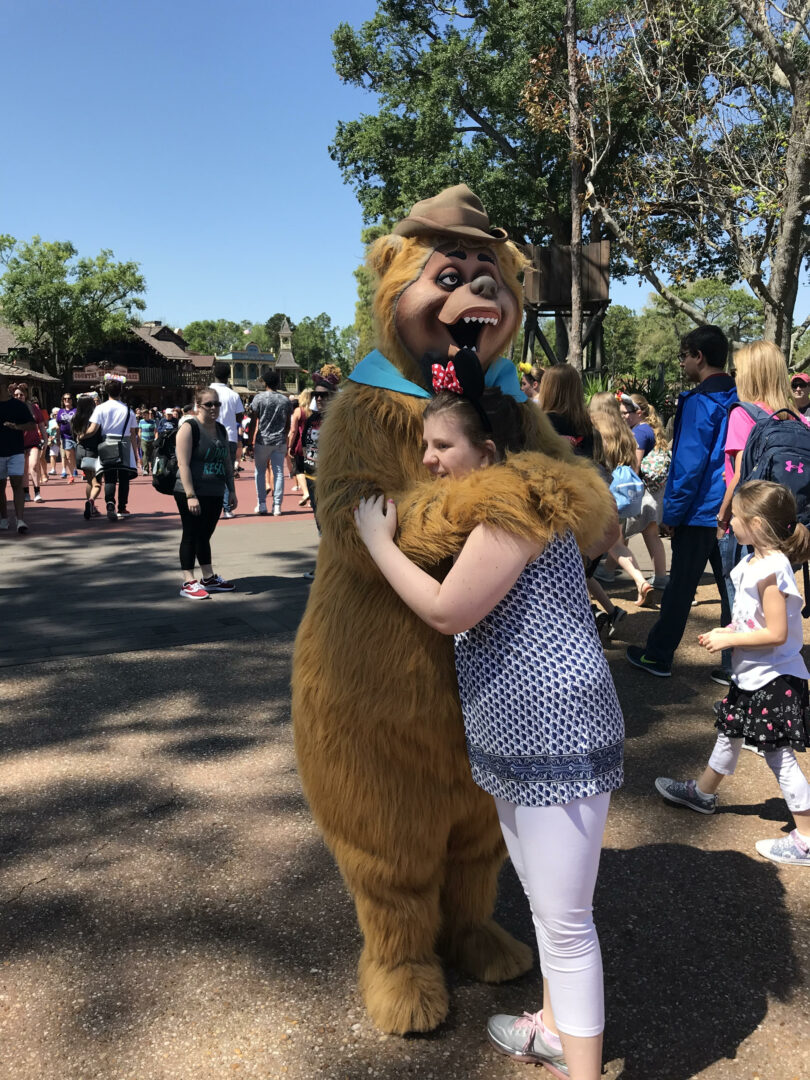
My daughter – Bailey – was born prematurely and weighed just over four pounds. She was developing okay until around two and a half years old. After speaking to many specialists, we had the conversation no parent is ever ready for about a diagnosis that will impact the rest of your life and theirs. She was diagnosed with non-verbal ASD and more recently, has also been diagnosed with autism-related catatonia. While there are many things she cannot do, she loves to be outside. She loves to shop. She loves to be with other people. She loves to hug people. She is caring and thoughtful and has never shown a dislike for anyone. She’s very happy.
What has your experience been like caring for your daughter?
It has been a series of learning year after year. Looking back, it was in a lot of ways, a wonderful experience that didn’t always feel wonderful, but now I can see the positive in it.
Having a child with special needs, you appreciate diversity and ability of others, as there is a lot that my daughter cannot do. She can’t participate in a lot of the day-to-day things we take for granted. She’s non-verbal. She can’t write because she can’t hold a pen or pencil. Cognitive learning is very difficult for her. And she can’t live independently. It makes you appreciate everyone’s unique qualities instead of just seeing them as differences. You see the person, not the wheelchair, for example. And you appreciate more than anything those that take care of special needs persons. They are angels!
My daughter would easily be overlooked by some. And that applies to so many things in life, personal or career. There is always adversity in life, it is important not to let labels and conditions stand in your way. You’re more capable than you think you are.
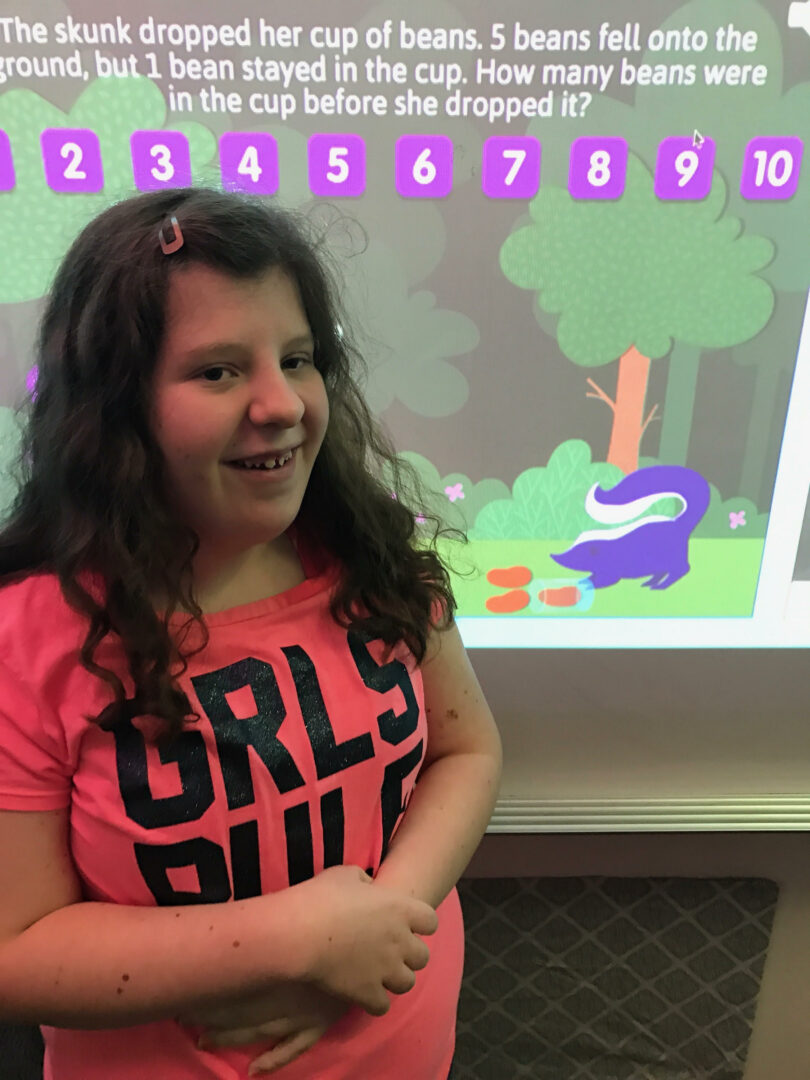
What have you learned from being a parent of a special needs’ child?
You must have a lot of patience and I am naturally impatient! You gain a newfound understanding of compassion. Anytime I see anyone with special needs, I feel connected to them. And it helps you realize the importance of inclusion. Even if it’s a small thing. Walking by someone with special needs in the park and saying hello. Acknowledging them, not ignoring them.
I’ve learned to look at the person, not their disability. And to try to understand what it is like to be them. Until you truly interact with a person that is different from you and see their true potential and strengths, you realize that you have a diamond in the rough. Don’t overlook unique skills or talents.
I’ve also learned to recognize biases and to remove them. It helps you see the world through new and open eyes.
With that lens in mind, what characteristics do you look for in a team?
I’ve always been a team builder. I think it’s important to get inside someone’s head to understand them and learn how they work and think.
I look for people who are not afraid to take chances. I appreciate people who have been in over their head. Because I have, too, in every role I’ve been in. You must be comfortable being uncomfortable. You must be willing to swing for the fences – that’s when your true colors come out.
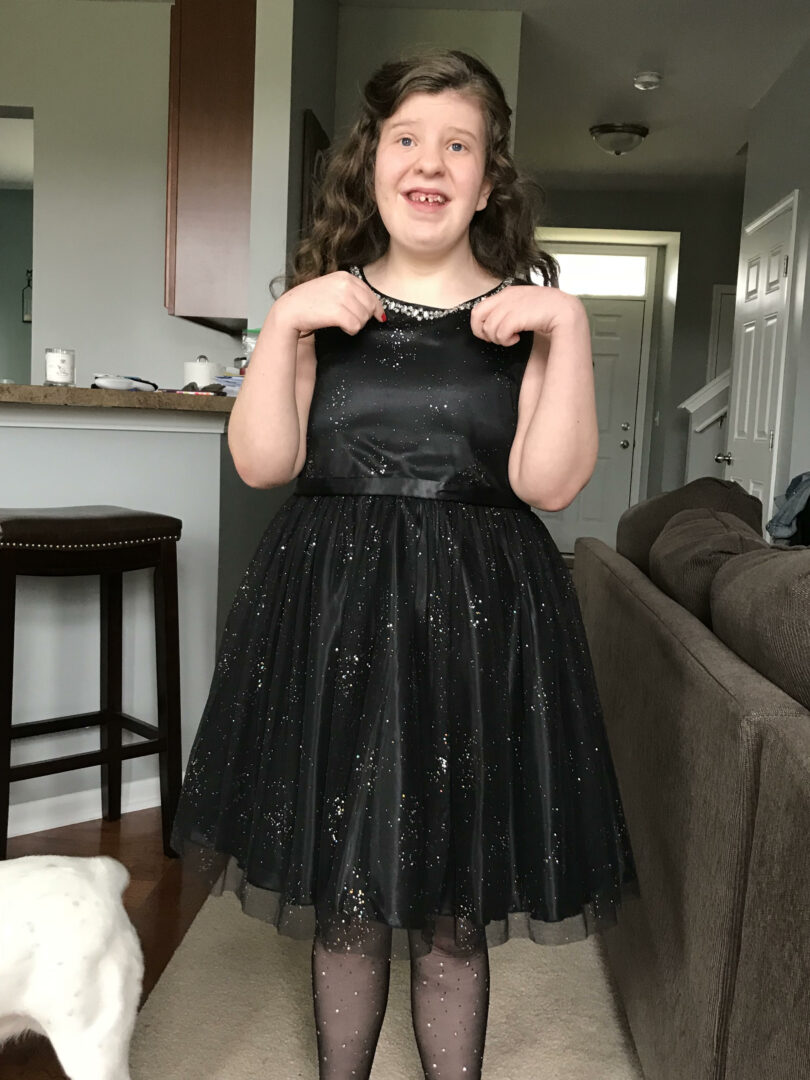
What are your expectations for a diverse and inclusive workplace?
You have to take this seriously. Do not pander. You must stand behind it and walk the talk. That’s the only time diversity and inclusion initiatives are successful.
I think about inclusion every day with my daughter in mind. She’s going to graduate high school. She will never not live with us. What will become of her if she has to be in the world by herself? What if she isn’t included? When I am not here, what happens? It scares me every day.
Can you share a time where you recognized how important empathy is?
I had to fly to London and landed early in the morning. I sat down at a table for breakfast and at the table next to me, there was a woman with two boys around 9 or 10. They had outrageous behavior. She had iPads out and everything to distract them. I went over to her and said “hey, I may be really forward, but are your boys autistic?” She replied, “Well yes they are.” I said “my daughter is too, and I am here for you and I understand.” She started crying and was really touched. She could have retaliated in any way, but I could tell she was struggling. You can apply that notion of empathy anywhere.
You cannot assume anything about anyone and that is where empathy comes in. Anyone could have sat down and saw the misbehavior and assumed they were just acting out.
Looking back, what’s one piece of advice you would give yourself?
I’ll take my own advice – I would have taken more chances. I took a lot of risks in life, however, there were times I was too conservative too.
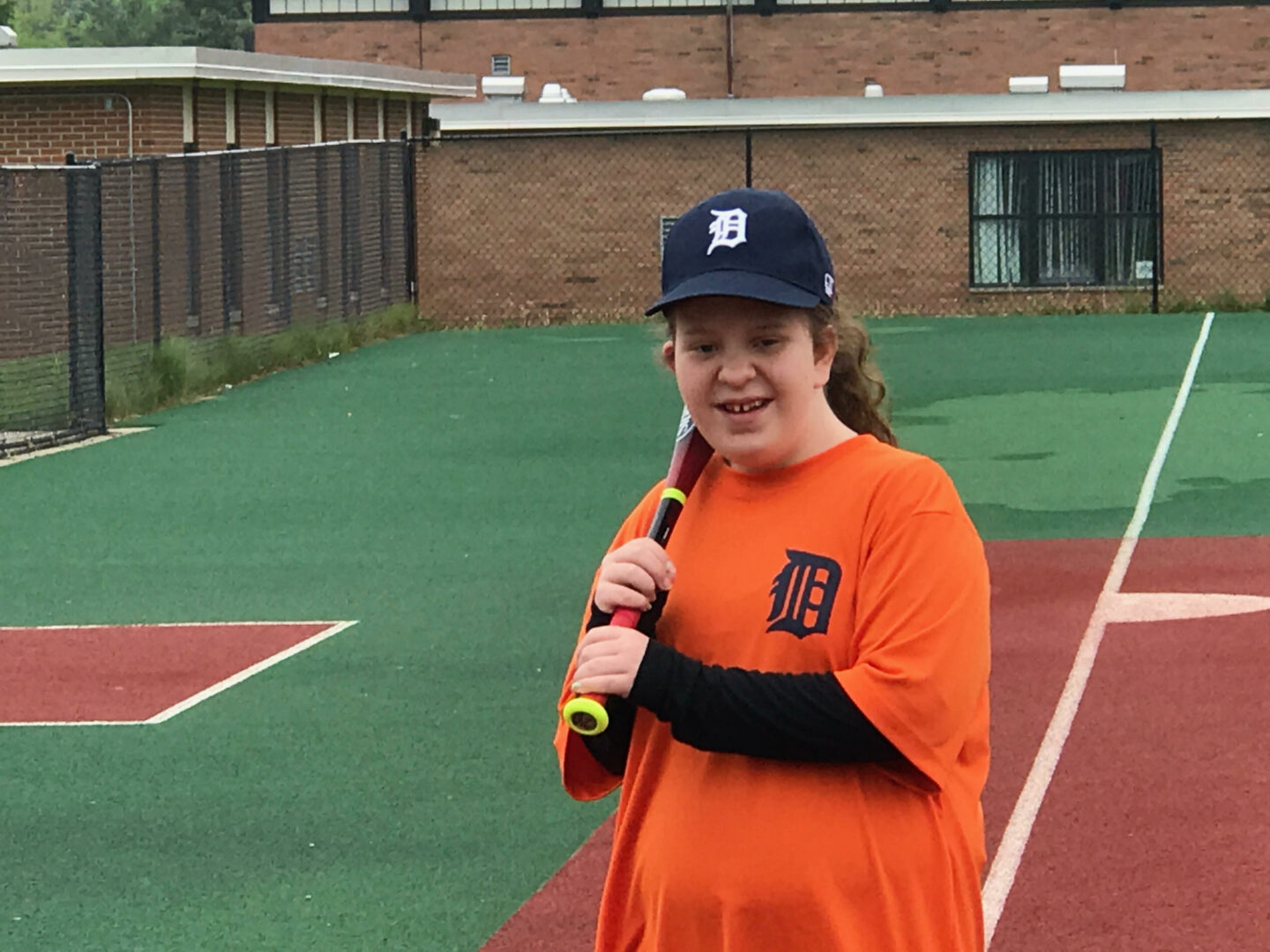
What is your proudest achievement?
As a matter of fact, there have been many times at Blue Yonder where I would claim it was a proud achievement. But, to be honest what I am most proud of is being afforded the opportunity to work at such an amazing company with incredible people and being a part of something so unique and wonderful. All of us need to take stock of what we have here at Blue Yonder and never stop trying to achieve.
Do you have any regrets?
I try to really focus on the positive, and when I look back, I don’t see regrets, I see opportunities. Opportunities that can no longer be impacted, however the lessons can be passed on to others. I have learned this now, later in my career. Business is about people, and when people soar, incredible things happen. It is so important to always be looking to help someone else even in a small way. The personal rewards are wonderful.
What makes a great leader?
I think there are three traits that are most important as a leader: strong communicator, passion, and vision. I love the quote by Peter Drucker which rings so true: “You manage things, and lead people”. You have to understand how a person ticks, invest in them, understand how they develop to accentuate the positive in their abilities. Personally, I am a leader that is very emotional, compassionate, and passionate. I try to understand emotionally, because how you feel drives how you work and think.
What is the best advice you ever received? Who gave it to you?
I had a manager while working for Levi’s who was such an inspiration to me, he used to say all the time, “If you’re not growing, you’re going.” It is such a simple point but applies to all of us both personally and professionally. Always keep trying to get getter better at everything you do, trust me, you will grow.

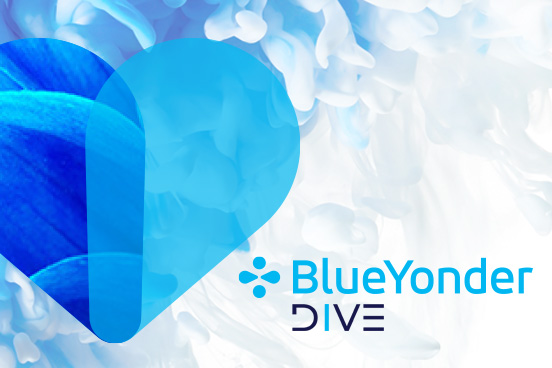
Comments are closed.